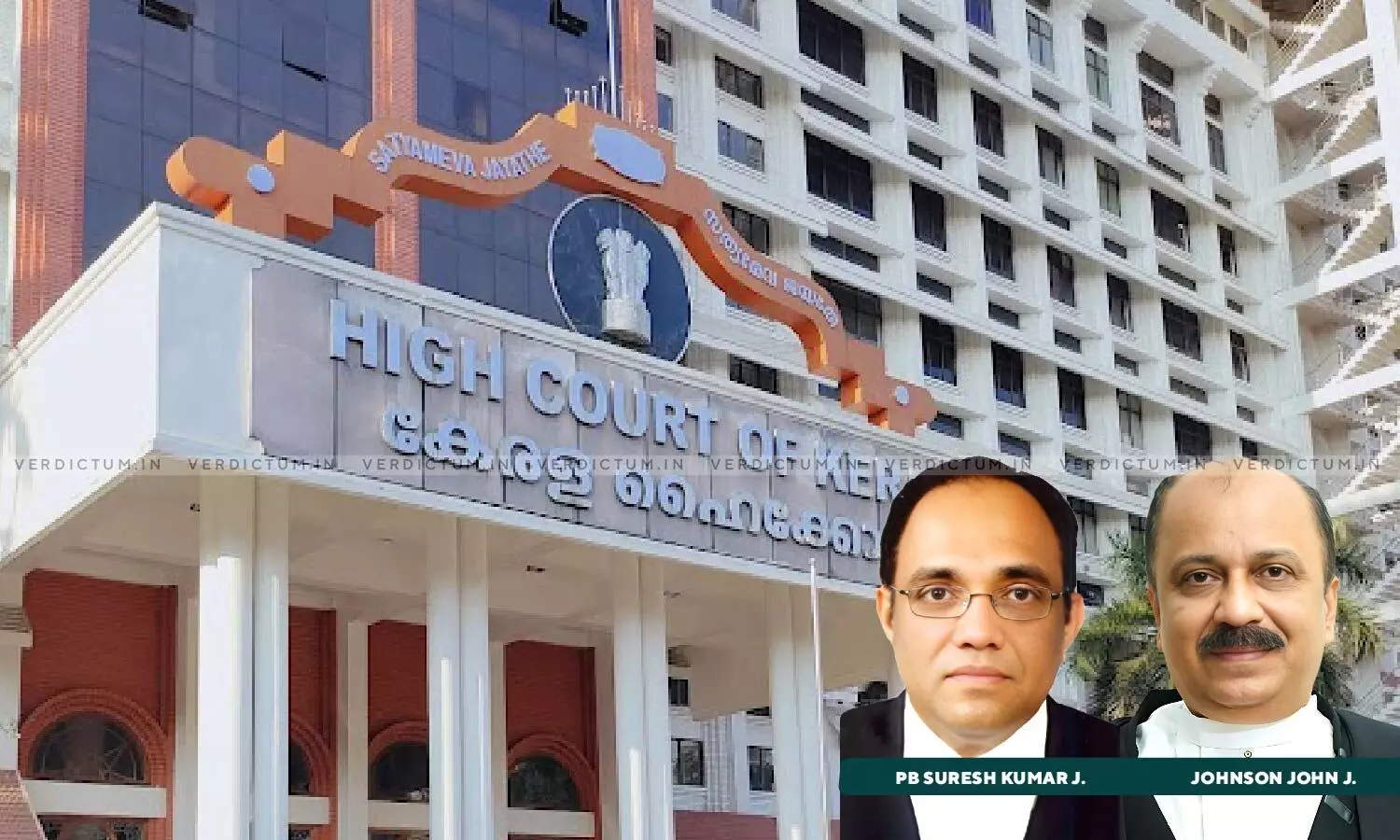
Victim’s Testimony Consistent With Supporting Evidences: Kerala High Court Upholds Conviction In POCSO Case
 |
|The Kerala High Court, in a case involving the rape of a minor, upheld the conviction of the accused.
The Court noted that the testimony of the victim was natural and in harmony with the prosecution's case against the accused.
The Court, concerning the age of the victim, noted that even if the School Certificate does not comply with the stipulations of Section 94 of the Juvenile Justice Act, 2000 (JJ Act), the certificate issued by the local authority would unquestionably meet the criteria.
“We have perused meticulously the evidence tendered by the victim, and the same appears to us to be very much real and natural. Nothing was brought out by the accused in the cross-examination of PW1 to suspect the veracity of the evidence tendered by her. The victim never gave room for any doubt as to the factum of the occurrence and her evidence had co-relation with the remaining materials made available by the prosecution”, the Bench comprising Justice P. B. Suresh Kumar and Justice Johnson John observed.
Advocate Bharathan K. S. appeared for the Appellant and Public Prosecutor Bindu O. V. appeared for the State.
The Appellant, a sole Accused in a case related to atrocities and sexual violence against women and children, was convicted for offences under Sections 450 and 376 of the Indian Penal Code, 1860 (IPC) and Section 3(a) read with Section 4 of the Protection of Children from Sexual Offenses Act, 2012 (POCSO Act). The Accused was sentenced to life imprisonment for the IPC offence and five years of rigorous imprisonment under Section 450 of the IPC and no separate sentence under the POCSO Act. Aggrieved, the Accused approached the High Court by way of Criminal Appeal.
The victim, a 14-year-old minor girl, experienced the incident when she was alone at home as her mother went to the panchayat office. The Accused, a 65-year-old neighbour, allegedly trespassed into her bedroom, dragged her to an adjoining room, and raped her.
The Court noted the victim's testimony detailing the sexual assault by the accused, her neighbour, during a moment of solitude at home. Describing the incident, she recounted being forcibly taken to another room, raped and threatened into silence while chatting with a neighbour in the Courtyard. The assault was interrupted by the victim's mother, leading to the accused fleeing the scene. The victim's hospital statements, along with witness testimonies, including a neighbour's attempted intervention, and medical examinations confirming signs of sexual assault, formed the basis for the accused's conviction.
The Court emphasized the need for exceptional quality in evidence, especially when relying solely on the victim's testimony in sexual assault cases.
Referring to Rai Sandeep v State (NCT of Delhi) [(2012) 8 SCC 21], the Court reiterated the criteria for a sterling witness, emphasizing seamless alignment with the prosecution's case, natural and consistent accounts, and harmony with supporting materials. After careful examination, the Court found the victim's testimony genuine and consistent, remaining unaffected by the accused's cross-examination. The victim's narrative aligned with other prosecution evidence, including statements, testimonies, and medical reports. Dismissing contentions regarding the accused entering the victim's house, the Court affirmed the Trial Court's finding of guilt.
Considering the JJ Act the Court observed the process for determining a person's age, especially in cases of doubt about whether the individual is a child. The primary document for this purpose is the school's date of birth certificate, with alternatives being certificates from a corporation, municipal authority, or panchayat.
Accordingly, the Court dismissed the Appeal and affirmed the conviction.
Cause Title: Sasi v State Of Kerala (2024:KER:918)